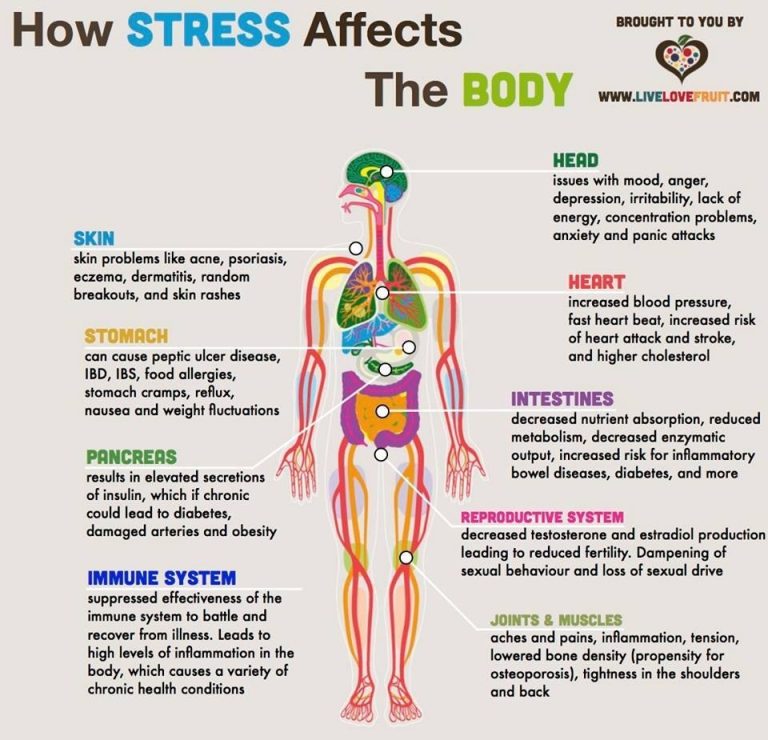
Within the realm of human feelings, anger is a common and universally experienced feeling. While it's a standard part of our psychological makeup, excessive or persistent anger can often signify the presence of underlying points that may warrant attention. This article aims to shed gentle on anger issues, their manifestations, and the potential connection to mental well being circumstances.

Anger, as defined by the American Psychological Association (APA), is a pure emotion characterized by emotions of frustration, hostility, or irritation. It is a response to perceived threats or injustices, and it could serve as a motivator for problem-solving and assertiveness. However, when anger turns into too intense, frequent, or inappropriate, it may disrupt each day life and relationships, resulting in a situation sometimes called anger administration issues or, in some instances, anger disorder.
Anger disorders are usually not listed as separate diagnostic classes in the Diagnostic and Statistical Manual of Mental Disorders (DSM-5), the usual reference guide for mental well being professionals. Instead, they are sometimes related to other mental well being situations, akin to:
The anger may persist even after the person has stopped using the substance.
- Intermittent Explosive Disorder (IED): This situation is characterized by recurrent, impulsive, and aggressive outbursts of anger, typically disproportionate to the situation at hand. IED can considerably impair social, occupational, and different important areas of functioning.
- Substance-induced Anger Disorder: Chronic anger is usually a symptom of substance abuse or withdrawal. The anger might persist even after the person has stopped using the substance.
- Personality Disorders: Certain persona disorders, similar to Borderline Personality Disorder, Antisocial Personality Disorder, and Narcissistic Personality Disorder, can include anger as a prominent feature, significantly when the individual's emotional regulation is compromised.
- Depression and Anxiety Disorders: Anger could be a secondary emotion in these conditions, typically serving as a protection mechanism in opposition to underlying emotions of sadness, concern, or helplessness.
It's essential to note that experiencing occasional anger or outbursts doesn't essentially indicate a psychological sickness. However, if anger is negatively impacting your life, relationships, or physical well being, it could also be beneficial to seek professional help. A mental health skilled may also help determine the foundation causes of the anger, develop coping methods, and provide resources for managing the situation successfully. https://GerosHealth.com
Treatment for anger issues typically involves cognitive-behavioral therapy (CBT), which focuses on figuring out and modifying thought patterns that result in offended responses. Medication might also be prescribed in some cases, particularly if the anger is a symptom of an underlying mental health condition.
In conclusion, while anger is a traditional human emotion, persistent or excessive anger can indicate an underlying challenge that will benefit from professional attention. If you or someone you realize is struggling with anger, search assist from a psychological health professional. With the best support and therapy, it is doable to handle anger and improve general nicely-being.
Remember, it is okay to ask for help and prioritize your mental health. By understanding and addressing anger points, you'll be able to lead a healthier, happier, and extra fulfilling life.
